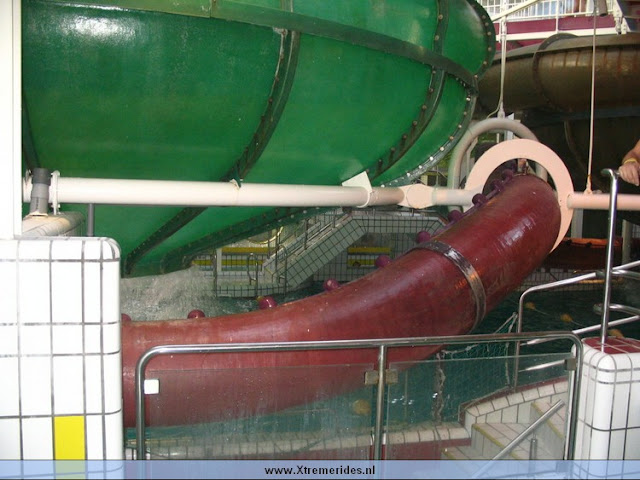Benjaminville, IL - A Town Abandoned By the Railroad
Benjaminville, IL is a ghost town that was located about 8 miles east of Bloomington, IL. "Benjaminville was founded in 1856 when three Quaker families, those of Joseph Marot, Isaac Clement and Timothy Benjamin, arrived in the area." (Stack, 2010) Attracted to the area's fertile soil, the settlement was initially quite prosperous, and became a haven for Quakers in the Midwest.
 |
| Image: McLean County Museum of History |
It was to receive rail service, however, the Lake Erie & Western Railroad, which was being constructed to Bloomington (and ultimately Peoria), chose an easier grade between Gibson City and Bloomington. That put the new railroad about 1.5 miles south of where Benjaminville was located, putting it at a distinct disadvantage compared to other communities in the area.
By 1870, residents began leaving the area, and by 1874, the Meeting House was the only building left.
I've made a map below of what grade was chosen, as well as a likely earlier grade that would have put the railroad either running through Benjaminville, or immediately south of it.
Benjaminville is far from unique in the sense that its demise was as a result of where railroads would be constructed. As the predominant transportation form since at least the 1840's in the United States, the railroad industry held considerable soft (and hard) power in where towns would develop. While the grade the LE&W chose would be longer than had they built straight through Gibson City to Bloomington, it was a much smaller grade, and so the hill Benjaminville was built on would ultimately be its reason for its demise.
Today, a historic site, the Benjaminville Friends Meeting House Church and cemetery are all that remain of the settlement. The meeting house is one of the best preserved Quaker churches in Illinois.
The Lake Erie and Western became part of the New York Central Railroad in 1900, then part of the Nickel Plate Road, which consolidated into the Norfolk & Western Railroad, and finally Norfolk Southern, which it remains to this day.
Thanks as always for reading!



Comments
Post a Comment